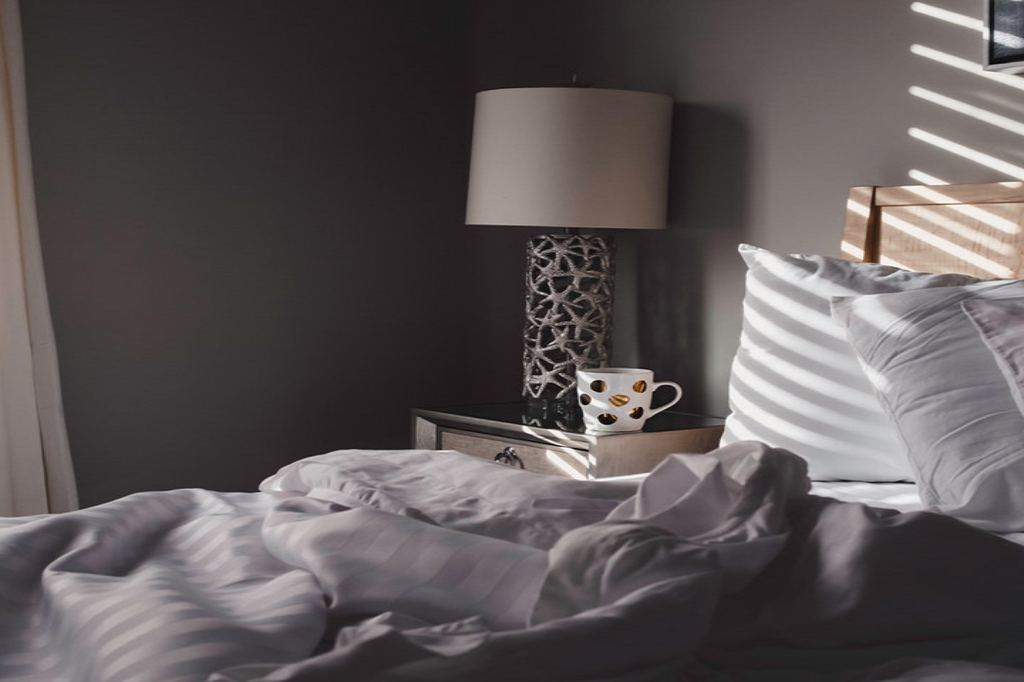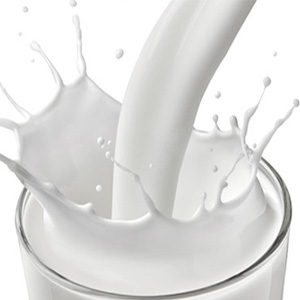Welcome to Healthy Soccer Kids!

The Importance of Sleep for Young Athletes
Young athletes typically have a lot on their plate on a daily basis. They generally start off their day by spending a good chunk of it at school, which is then followed by attending some sort of strenuous practice to stay physically apt for their sport of choice. On top of all that, they still have homework and other personal obligations they have to fulfill, such as walking the dog or helping out around the house.
After reviewing what might seem like a long day for these individuals, one might start to think, “How do these young athletes manage to do all of these activities so frequently without getting burnt-out?” One answer, which is arguably one of the biggest factors, is sleep.
Those who strive to get enough sleep – as opposed to those who do not – typically have better focus throughout day, feel more energized and are not as cranky. For young athletes, sleeping well can prevent decreased athletic performance, which ensures that they are able to give their all during practice and games.
“Ensuring that kids get enough sleep while traveling for a game may also decrease the chance that they get hurt on the court or field,” states the National Sleep Foundation on its website. “In fact, children who get fewer than eight hours of sleep per night are 1.7 times more likely to get injured while playing their sport, compared with those who get eight or more hours of sleep.”
Other potential consequences of not getting adequate sleep include an increased chance of developing Alzheimer’s diseases, heart complications, aging skin, weight gain, impaired judgement, and diabetes.
As a way to prevent developing any unwanted conditions caused by sleep loss, young athletes are encouraged to consider sticking to a sleeping schedule and reducing screen exposure from devices, such as computers and phones, as their bedtime gets closer – studies report that blue light emitted from devices negatively alters a person’s circadian rhythm, the body’s internal “clock.”
Lastly, taking a midday nap no longer than 30 minutes is recommended for those who need a little extra energy to take on the rest of the day’s activities.






















